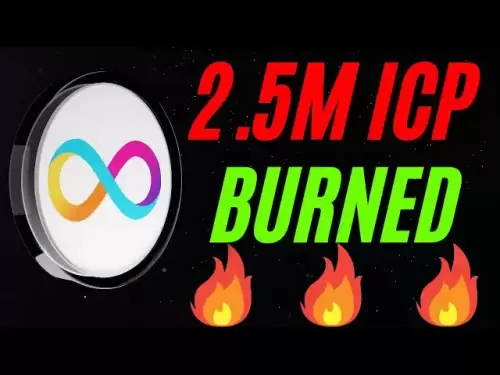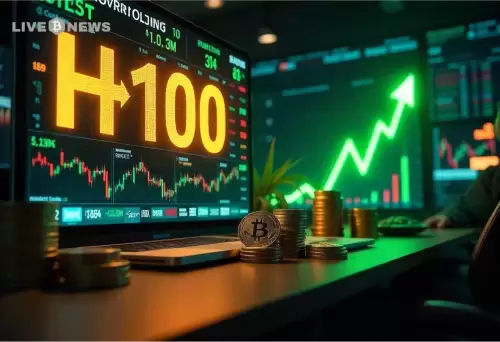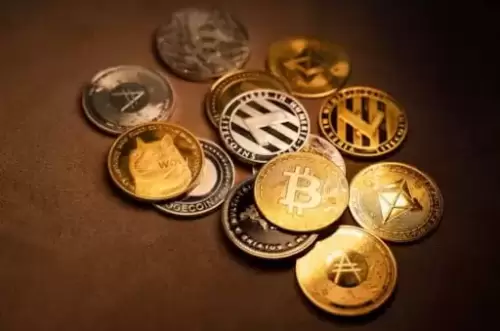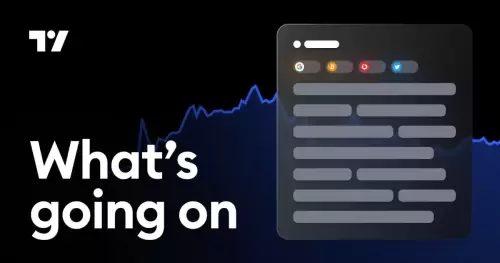 |
|
 |
|
 |
|
 |
|
 |
|
 |
|
 |
|
 |
|
 |
|
 |
|
 |
|
 |
|
 |
|
 |
|
 |
|

Last month, President Tinubu signed the Investment and Securities Act (ISA) 2025, officially recognizing Bitcoin and other digital assets as securities.
Despite Nigeria consistently ranking within the top nations globally for Bitcoin adoption and P2P volumes, according to Chainalaysis’ reports, one thing has remained consistent throughout Bitcoin’s existence as an asset in the country is the lack of laws on the books recognizing and governing digital assets such as Bitcoin—until now.
This new development marks the first time Nigerian regulators have officially recognized Bitcoin, albeit as a security, which some would consider a misclassification.
Nevertheless, this brings much-needed regulatory clarity for the digital assets ecosystem and will usher in a new paradigm for the possibilities, innovation, and investments to thrive in the space.
The Investment and Securities Act (ISA) 2025
On March 29, the Nigerian government signed into law the Investments and Securities Act (ISA) 2025 as part of its planned rollout of sweeping capital markets. The Act repeals the previous 2007 Investments and Securities Act No. 29, which will no longer govern the Nigerian Securities and Exchange Commission (SEC). It is meant to update the regulatory framework governing capital markets in Nigeria and address current economic realities and long-standing challenges. The new legislation will now govern the Nigerian SEC.
In a statement, the Nigerian SEC Director-General, Dr. Emomotimi Agama, highlighted the significance of the development: "By addressing regulatory gaps and introducing forward-looking provisions, the new Act empowers the SEC to foster innovation, protect investors more efficiently, and reposition Nigeria as a competitive destination for local and foreign investments."
The revised legal and regulatory framework now classifies digital assets as securities in Nigeria, meaning that the Nigerian SEC will primarily oversee exchanges and businesses operating in the digital assets sector.
The new Act introduces several changes and updates that give more oversight to the Nigerian SEC and attempt to introduce greater transparency, improve investor protection, and put a stop to Ponzi schemes and fraudulent activities. It also aims to align with global standards from bodies such as the International Organization of Securities Commissions (IOSCO)—allowing the Nigerian SEC to maintain its "Signatory A" status under IOSCO’s Enhanced Multilateral Memorandum of Understanding (EMMoU).
Key Highlights of The Act
Under ISA 2025, all virtual assets and investment contracts are officially recognized as securities. This means that all Virtual Asset Service Providers (VASPs), Digital Asset Operators (DAOPs), and Digital Asset Exchanges (DAEs) fall under the Nigerian SEC’s oversight. The aim is to improve investor protection and prevent fraud and abuse from market players in the emerging digital assets space.
Fraudulent investment schemes are now strictly prohibited. The Nigerian SEC can impose fines of at least N20 million (about $12,430), prison sentences of up to 10 years for promoting Ponzi schemes, or both. They also have the authority to access data from Nigerian telecom and internet providers to track illegal activities like market manipulation and insider trading.
Implications Of the Regulation on the Bitcoin Ecosystem
With Bitcoin’s legalization and a more transparent regulatory framework in Nigeria, companies can explore new financial products and services without previous uncertainties. The Act provides market players and investors additional mechanisms and avenues to seek redress and curb fraudulent digital asset activities.
Bitcoin As A Security
For Bitcoin entrepreneurs in Nigeria, the Act is a welcomed change. However, sentiment is split evenly between relief and trepidation from the potential negative consequences introduced by the (mis)classification of Bitcoin as a security.
In articulating the seeming antinomy here, Onionsman (as he’s popularly known), CEO of the Naira FX and Crypto rates aggregator Monierate, argued that by imposing requirements that favor financial strength, the Act creates significant barriers to entry for less-capitalized builders and service providers. As a result, he believes there could be a natural consequence of concentrating "activity and investments among entities and individuals with deep pockets, effectively ending the permissionless innovation that has been a hallmark of the Bitcoin industry."
Additionally, Bitcoin's uniqueness compared to other digital assets means it will challenge the Act's blanket classification due to its decentralization and the absence of a single issuer.
Cost to Bitcoin Businesses
An arduous transition now awaits Bitcoin businesses as they have a clear path to formalize their operations by applying for and obtaining the relevant licenses (when available) from the Nigerian SEC, adjusting their internal operations accordingly, setting up KYC/AML frameworks, and engaging in compliance reporting.
Specific dynamics, like high compliance costs and other operational frictions for companies building Bitcoin products and services, will create friction and pose barriers for new ventures. As a result, Bitcoin companies will need to navigate the new regulation and hope for improvements over time.
In this light, Heritage Falodun, CEO of Cashwyre, a Bitcoin remittance app, said they are transitioning from building cautiously to building officially. According to Falod
免责声明:info@kdj.com
所提供的信息并非交易建议。根据本文提供的信息进行的任何投资,kdj.com不承担任何责任。加密货币具有高波动性,强烈建议您深入研究后,谨慎投资!
如您认为本网站上使用的内容侵犯了您的版权,请立即联系我们(info@kdj.com),我们将及时删除。
-

-

- Ruvi AI(RVU)利用区块链和人工智能破坏营销,娱乐和金融
- 2025-06-13 07:05:12
- 长期以来,Tron一直是区块链项目如何通过关注其使命并实现一致增长来取得显着成功的一个辉煌的例子。
-

-

-

- 随着RWA集成计划,信任钱包令牌(TWT)的价格下跌了5.7%
- 2025-06-13 06:45:13
- Trust Crypto Wallet的最新宣布将令牌化现实资产(RWAS)带到其超过2亿用户引起了兴奋。
-

- 以太坊(ETH)处于三阶段市场周期的第二阶段
- 2025-06-13 07:25:13
- 根据分析师Abbé提供的图表和推文信息,以太坊(ETH)处于三阶段市场周期的第二阶段。
-

-

-




















![“ ColorBlind”作者:Robzombie_level完成100%(1个硬币)[硬级]。 “ ColorBlind”作者:Robzombie_level完成100%(1个硬币)[硬级]。](/uploads/2025/06/17/cryptocurrencies-news/videos/colorblindrobzombielevel-complete-coin-hard-level/6850630484c02_image_500_375.webp)







































